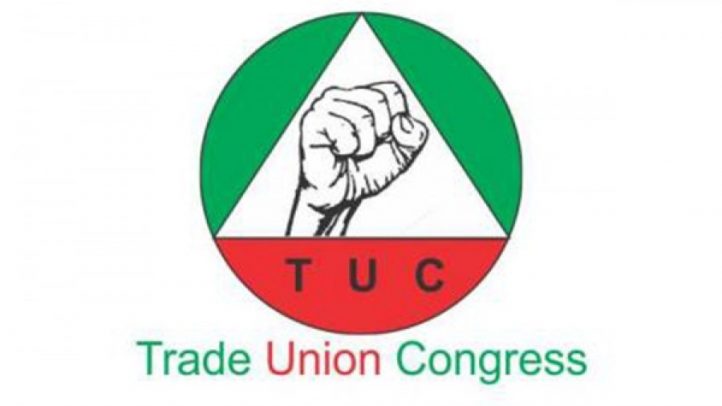
While noting that the fuel subsidy regime threatened the survival of the country, he added that marketers were feeding fat on it and smiling to the bank.
Speaking to journalists in Benin at the weekend, Emmanuel said while the removal of the fuel subsidy was painful, the nation cannot continue to subsidise fuel for citizens of Cameroun, Benin Republic, Togo, Ghana, and Senegal.
Emmanuel. however, urged the government to take a holistic approach to cushion the removal of the subsidy.
He said, “Initially, the union did not believe that there is anything like subsidy, but after finding out that petroleum marketers take the products to African countries like Cameroon, Benin Republic, Togo, Ghana and up to Senegal and make more money, the union decided to back down.
“The government should consider holistic measures such as the provision of mass transit buses, as well as plowing funds into education, health and agriculture sectors to boost learning, well-being and food sufficiency in the country.
He observed that the Nigeria Labour Congress, in calling out workers for the suspended strike action did not follow due process, as it ought to have given the government mandatory 14 days strike notice including three days warning strike.
“The TUC also observed that the NLC did not give the mandatory 14 days before strike action. That was why we decided to rescind our decision to embark on strike. This was why we also asked all the stakeholders to go back to draw a plan since the minimum wage will not benefit every common man on the streets,” he added.
The Lagos TUC deputy chairman also disclosed that he was in the Edo State to pick the intent form to contest the September 19, 2023 Local Government Elections in the state for the position of Chairmanship on the platform of the All Progressives Congress (APC).
He said he decided to contest for the office Esan South East local government has over the years been “politically rapped” by past administrators who governed the council.
He said if elected he would use mechanized farming as a means of creating gainful employment in the local government area given its rich and vast arable land, while also boosting its IGR.





